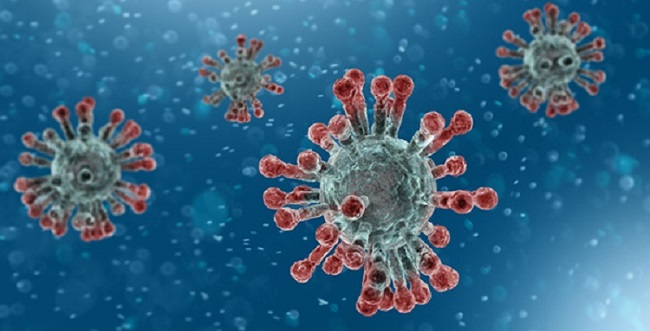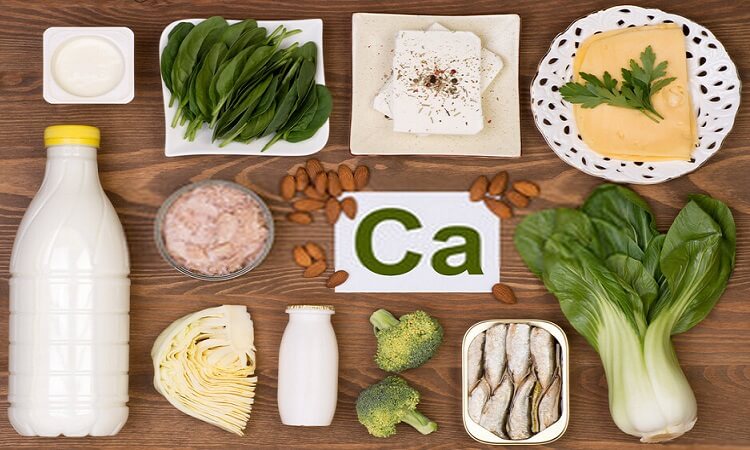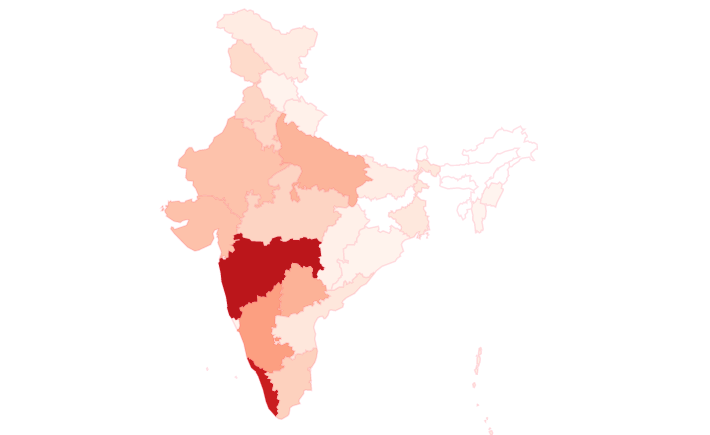There is a lot of misinformation circulating on social media about coronavirus disease (COVID-19), so it is important to know what is true and what is not. Read common myths and facts about new Coronavirus to clarify your information to help keep you and your family safe.
A vaccine to treat COVID-19 is available. True or False?
The answer is false.
There is no vaccine for the new coronavirus yet. Scientists have already started working on it, but developing a vaccine that is effective and safe in humans will take several months.
COVID-19 virus can not be transmitted in hot and humid climates
The answer is false.
From the evidence so far, the COVID-19 virus can be transmitted to all areas, including areas with hot and humid climates. Regardless of the climate, if you live, or visit an area reporting COVID-19, adopt protective measures.
The best way to protect yourself against COVID-19 is to clean your hands often with an alcohol-based hand rub or wash them with soap and water. By doing this you can eliminate the virus on your hands and avoid infection that could occur by touching your eyes, mouth, and nose.
A face mask will protect you from Coronavirus. True or False?
The answer is false.
WHO recommends to wear mask only if you are coughing or sneezing or if you are taking care of a suspected/infected person.
Keep in mind that stocking up on masks makes less available for sick patients and health care workers who need them.
Read when and how to usa a mask, according to WHO–
When to usa a mask
- If you are healthy, you only need to wear a mask if you are taking care of a person with suspected 2019-nCoV infection.
- Wear a mask if you are coughing or sneezing.
- Masks are effective only when used in combination with frequent hand-cleaning with alcohol-based hand rub or soap and water.
- If you wear a mask, then you must know how to use it and dispose of it properly.
How to wear medical masks to protect against coronavirus
- Before putting on a mask, clean hands with alcohol-based hand rub or soap and water.
- Cover mouth and nose with mask and make sure there are no gaps between your face and the mask.
- Avoid touching the mask while using it; if you do, clean your hands with alcohol-based hand rub or soap and water.
- Replace the mask with a new one as soon as it is damp and do not re-use single-use masks.
- To remove the mask: remove it from behind (do not touch the front of mask); discard immediately in a closed bin; clean hands with alcohol-based hand rub or soap and water.
Coronavirus can be transmitted through mosquito bites
The answer is false.
To date there has been no information nor evidence to suggest that the novel Covid19 could be transmitted by mosquito.
Eating garlic can help prevent infection with the new Coronavirus. Fact or Myth?
It is a myth.
Garlic is a healthy food that has some antimicrobial properties. However, there is no evidence as of now that eating garlic has saved people from the Covid-19.
Can a sprinkling of alcohol or chlorine all over your body kill the new Coronavirus?
The answer is false.
Spraying alcohol or chlorine on your body will not kill the viruses already present in your body.
Can I make hand sanitizer at my home?
The answer is true.
Yes you make 60% alchohol based hand sanitizer at your home with Isopropyl alcohol, Aloe Vera gel and other ingredients. Know how to make it, here.
Coronavirus (COVID-19) is airborne
The answer is false.
The World Health Organization (WHO) clarified that the novel Coronavirus (Covid-19) is not an airborne disease. It spreads only when a person comes into close contact with an infected person. The virus that causes COVID-19 is mainly spread through droplets generated when an infected person coughs, sneezes, or speaks. These drops are too heavy to hang in the air. They quickly fall to the floor or surfaces, according to the WHO.
Coronavirus affect only older people. True or false?
The answer is false.
People of all ages can be infected with the new coronovirus. Older people, and those with pre-existing medical conditions (such as heart disease, diabetes, asthma), appear more vulnerable to becoming seriously ill with the virus (2019-nCoV).
Antibiotics kill coronavirus.
The answer is false.
Antibiotics do not work against viruses, it only kill bacteria.
Facts Source: who.int




